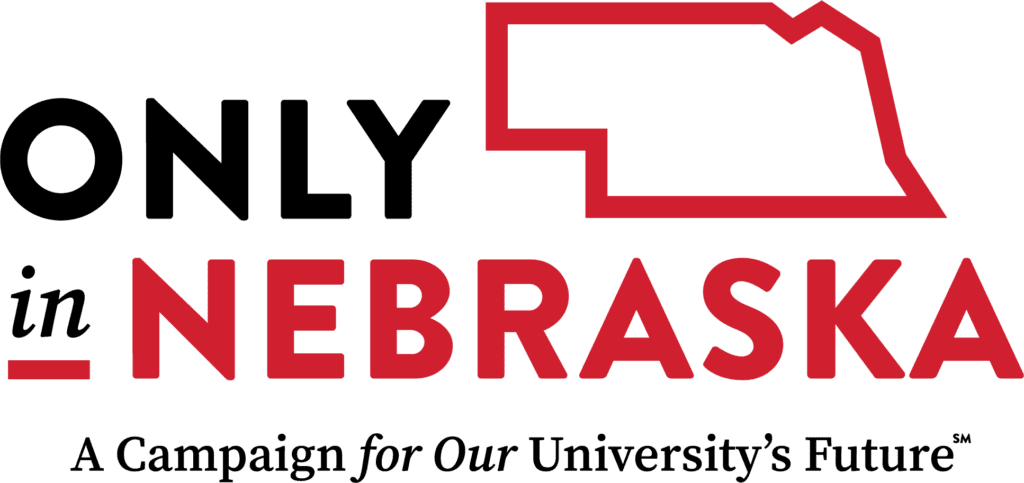Putting Parkinson’s on ice
Colleen Wuebben and her family are raising money for research for Parkinson’s disease.
Six years ago, Colleen Wuebben’s right hand started to twitch. It usually happened when she was tired or stressed or cold.
Too much caffeine, she thought, too much work. Maybe she should cut back on both.
At an annual exam, she mentioned the twitching to her doctor.
The doctor moved her head in a circle. Her foot. Her wrist. He asked questions.
How’s your coordination? Has your handwriting become smaller? Has there been a change in your gait?
Wuebben, a medical social worker, figured it was nothing. She was just 52 and, she felt, in perfect health. Life was good.
She and her husband, former Creighton University basketball player Ted Wuebben, had been a strong team for years. They’d built a happy life with lots of friends. They’d raised six healthy kids (tall athletes like their dad), who were starting to raise their own kids.
They lived in a nice house on an Omaha cul-de-sac with bluejays and cardinals and squirrels in the back yard.
And an ice rink.
Each winter, they flooded their backyard to make the rink. They hung strings of lights. They built a warming shed and posted a silly sign at the entrance of the rink:
The Wuebbenville Wink.
Life had been so good that Wuebben had started to take it for granted, until that day at the doctor’s.
“And then he asked me if I was afraid it was anything,” Wuebben says. “And I said, ‘No, but I think there’s a word you want me to use before you use it. And you’re just going to have to go and say it because I have no idea.'”
So he said it.
Parkinson’s.
Parkinson’s is a neurological disorder that occurs when brain cells that make dopamine die off. By the time of diagnosis, when people start noticing symptoms, most of the cells already have died off.
Researchers aren’t sure why this happens. There is no cure.
In researching it, to her surprise, Wuebben learned that some of the top experts in the nation were already located in her backyard – at the University of Nebraska Medical Center.
She participated in a clinical trial for a new drug under Dr. John Bertoni, a professor in the Department of Neurological Sciences. The drug, which later was approved, helped control her symptoms. She learned that Bertoni has promoted the Parkinson’s Registry, the only such registry in Nebraska.
She learned that UNMC has a nationally known researcher in Dr. Howard Gendelman, whose lab is in the Durham Research Center, and that he and other UNMC researchers were trying to develop a vaccine for Parkinson’s.
She learned that UNMC has a Movement Disorders Program created with the hire of Dr. Diego Torres-Russotto two years ago.
“They have made a priority of neurosciences,” she says. “There are a lot of treatments available now that there were not five years ago. So, yes, I feel lucky. There are medicines now that didn’t exist five years ago, and treatments like deep-brain stimulation that are not only being pioneered, but refined. I think they do more of those at the Medical Center than they do anywhere in a two- or three-state area.
“It isn’t just Omaha that uses the University of Nebraska Medical Center. It’s the whole state.”
Three years ago, she and her family decided to raise money for Parkinson’s research through the Michael J. Fox Foundation. They liked the fact that the foundation was focused on results-oriented research.
She learned that one of the places that foundation gives money to was UNMC.
The Wuebbens hosted a 24-hour skate-a-thon at their rink. It was a hit. But it grew too big for their back yard. So this year, Jan. 28 and 29, she and her family and people at UNMC arranged to have the skate-a-thon at the new outdoor ice rink at UNMC.
About 800 skaters came. Dr. Bertoni and Dr. Gendelman spoke to the crowd, as did Colleen. She and her husband skated the first lap to music. Then hugged.
People cheered.
The skate-a-thon raised more than $40,000 for research, education and services. The money primarily will be split between UNMC to benefit basic and clinical research and the Parkinson’s Health Development – a proactive, self-guided program the Wuebbens started that uses exercise such as yoga and tai chi and strength training to help people with Parkinson’s improve their symptoms.
Since the day she was diagnosed, Wuebben hasn’t let the word “Parkinson’s” define her.
Or defeat her.
“I would say in my lifetime, yes, someone will find a cure,” she says. “But I can’t afford to sit around and wait.”
Parkinson’s research is a campaign priority for UNMC’s College of Medicine. If you’d like to support UNMC researchers as they work to find treatments and a cure for it, contact Melonie Welsh at 402-502-4117. If you’d like to help support the Wuebbens’ efforts, donate online at UNMC Skate-A-Thon for Parkinson’s Fund.
The UNMC Skate-a-Thon for Parkinson’s is expected to be held again next year at UNMC’s rink, which was made possible by a leadership gift from Omaha philanthropists Ruth and Bill Scott. The Scotts also have provided a catalyst to the fight against Parkinson’s with an investment that established the Neurosciences Laboratory.





